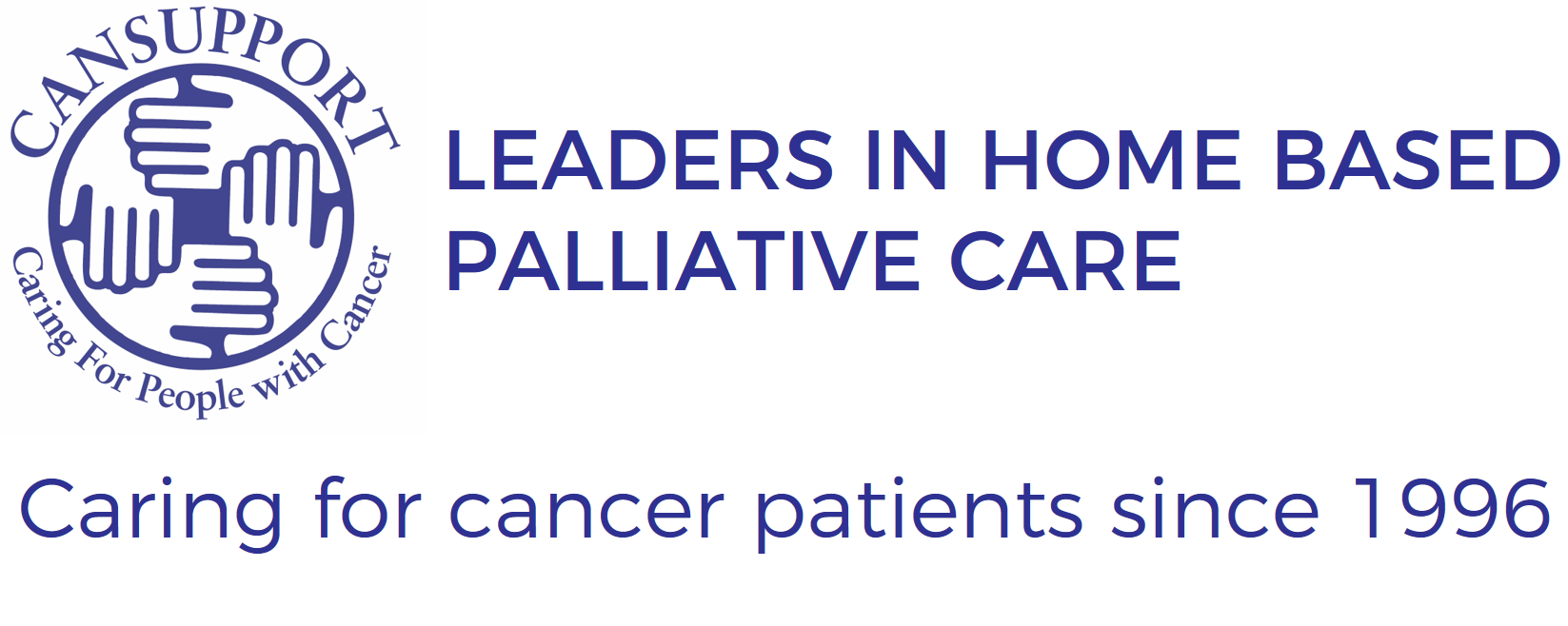We have been working in the field of palliative care since 1996 and we have encountered no dearth of misunderstandings and misconception around it.
Patients, families and even healthcare professionals are often confused or misinformed about what palliative entails and what it does not.
Therefore we decided to put together this list of "10 Things Healthcare Professionals Must Know" so that they may educate their patients and help them with a better and longer life:
- Palliative Care addresses the multifaceted aspects (physical, emotional and spiritual) of care for patients facing a serious illness. It not only provides relief from pain and other distressing symptoms but also integrates the psychological and spiritual aspects of patient care.
- The goal of Palliative Care is to improve quality of life for patients (and families) regardless of their treatment plans or outcomes.
- Palliative Care is not just for cancer; it is also beneficial for patients with other chronic diseases.
- Palliative care is applicable across a wide range of diseases such as cardiovascular diseases, chronic respiratory diseases, AIDS, kidney failure, chronic liver disease, multiple sclerosis, Parkinson’s disease, rheumatoid arthritis, neurological disease, dementia, congenital anomalies and drug-resistant tuberculosis.
- Palliative care is often mistakenly equated with end-of-life care. It is applicable early in the course of illness, in conjunction with other therapies that are intended to prolong life, such as chemotherapy or radiation therapy.
- Early integration of palliative care is becoming the new standard of care for patients with cancer. A recent study in The New England Journal of Medicine shows that including palliative care along with standard treatment will not only improve quality of life but may also positively influence the course of the illness and help them live longer.
- Palliative care teams assist in complex communication interactions. They can demystify the illness in understandable terms which in turn can patients and families make difficult decisions about care options.
- Palliative care affirms life and regards dying as a normal process; intends neither to hasten nor postpone death but offers a support system to help patients live as actively as possible until death.
- Palliative Care also offers a support system to help the family cope during the patient’s illness and in their own bereavement.
- Palliative care enhances health care value, and in the coming years, will play an increasingly significant role in providing higher quality health care at a lower cost. Clinicians must address the barriers to provision of palliative care, including misconceptions about palliative care and myths about opioids analgesia.

